Peter Isackson, Fair Observer’s Chief Strategy Officer, talks with Aidan Grogan, a Liberty University history PhD student and Young Voices contributor. Their discussion, rooted in Grogan’s op-ed, “The Nostalgia for Dark Satanic Mills,” explores American manufacturing, marriage customs, ideological battles and the future of cultural traditions.
Manufacturing in America
Grogan begins by challenging the idea that reviving traditional manufacturing is the key to America’s economic health. He argues that economic history has always moved from agriculture to manufacturing to services, and the United States must embrace this trajectory rather than try to reverse it. While the era of US President Donald Trump emphasized bringing back factories, Grogan stresses that a high-tech service economy, especially with the rise of remote work, offers far greater potential.
He draws a contrast with pre-industrial society, when homes were centers of production. Men worked in the fields while women contributed economically through spinning or weaving while caring for children. Industrialization shifted labor into factories, creating the “dark satanic mills” that Blake described and fracturing family life. Grogan believes remote work can restore the home as an economic nucleus, allowing parents to balance work and child-rearing without the heavy trade-offs of modern arrangements.
Isackson challenges the optimism of this vision, suggesting that current unrest and monopolistic trends in tech may undermine such hopes. Grogan concedes the risks of technofeudalism but appeals to capitalism’s pattern of creative destruction, arguing that Americans must adapt through education and skills rather than retreat to the past.
Traditional vs modern marriage
The discussion turns to family structures. Grogan explains how the 19th-century reforms consigned women to the home, making them dependent on men’s wages, and how this dependency spurred early feminist movements. In the 20th century, as women entered the workforce en masse, the difficulties of raising children while working outside the home resurfaced.
He sees modern economic shifts as a chance to recover a “complementary” partnership, where men and women contribute differently but equally to family life. Remote work makes it possible to have larger families without sacrificing careers. Isackson, however, questions whether this overlooks deep cultural changes. The liberalization of attitudes toward marriage, sexuality and tradition, he argues, cannot simply be rolled back by an economic shift.
The new elites
Grogan next addresses America’s ruling class. He insists that every society, democratic or aristocratic, has an elite. The problem today is that US elites deny their own role. Instead of providing moral guidance, they embrace what he calls “faux egalitarianism” and “meritocratic hubris.” Professional classes may quietly maintain pre-1960s social norms of marriage and family, but the working class has suffered rising non-marital births and collapsing marriage rates.
He contrasts the old industrial elite, which at least acknowledged public responsibility, with today’s globalized, progressive elite. What is needed, Grogan argues, is a post-populist conservative leadership modeled on figures like William F. Buckley — committed to markets, tradition and family values.
War of ideologies
Isackson frames the cultural conflict as a war of ideologies. Competing nostalgias shape political debates: one for the post-war manufacturing economy and another for traditional family life. Grogan draws a sharp line between them. He says the former is just a longing for a past stage of economic development, whereas the latter is a revival of natural law — universal truths about family and religious practice that reappear across cultures.
This ideological struggle, they agree, is intensified by populist movements. Grogan sees populism, whether from Senior US Senator Bernie Sanders on the left or Trump on the right, as an angry backlash against elites but not a sustainable path. He rejects theories from “post-liberal” that America’s founding was flawed and arguments from “nat-cons” for big-government conservatism. Instead, he calls for rearticulating the best of the conservative tradition for today’s challenges.
Feminism, marriage, customs
The exchange grows sharper around feminism and cultural change. Grogan credits feminism with advancing rights but blames second-wave feminism for encouraging women to prioritize careers over family, which he links to declining marriage rates. He points to the disappearance of shotgun marriage customs and the sexual revolution of the 1960s as critical breaks with Judeo-Christian norms. Isackson pushes back, attributing family breakdown less to ideology than to the consumer society’s logic.
Grogan maintains that natural law ensures a return to family and community as anchors. He cites Israel’s high fertility as proof that tradition and modern prosperity can coexist, though Isackson disputes Israel’s uniqueness as a model. Grogan envisions rebuilding family culture not just through policy but through real communities, churches and extended families — a reinterpretation of former US Secretary of State Hillary Clinton’s “village.”
Isackson closes with skepticism, doubting that Grogan’s vision can prevail given historical momentum, though he admits it is desirable. Grogan accepts that conservatism may be a “long defeat” but insists that the fight must go on. For him, history may move forward relentlessly, but natural law and human adaptability ensure that tradition will eventually resurface.
[Lee Thompson-Kolar edited this piece.]
The views expressed in this article/video are the author’s own and do not necessarily reflect Fair Observer’s editorial policy.



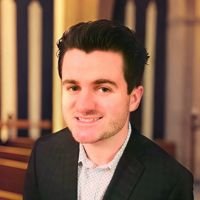
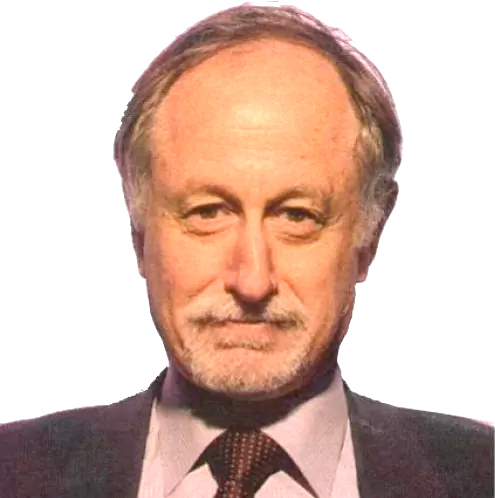


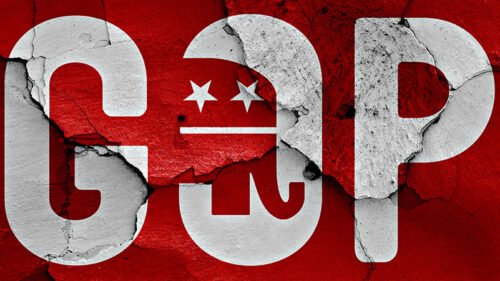






























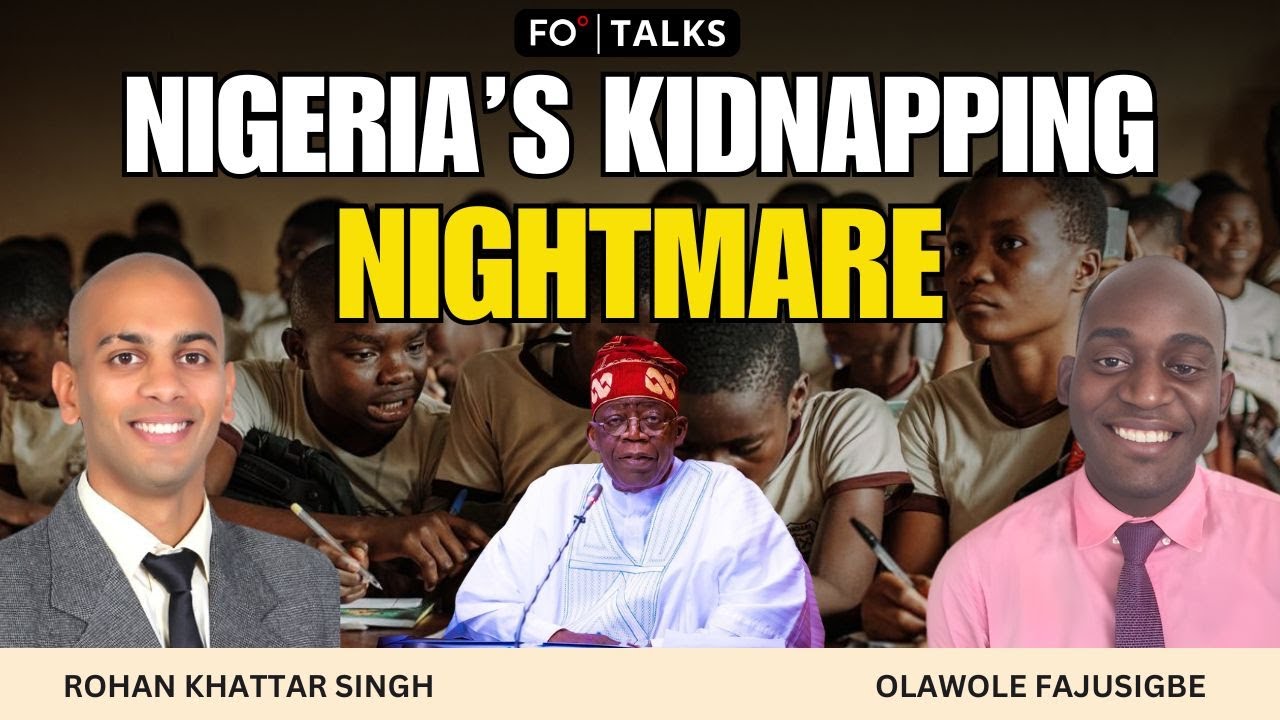

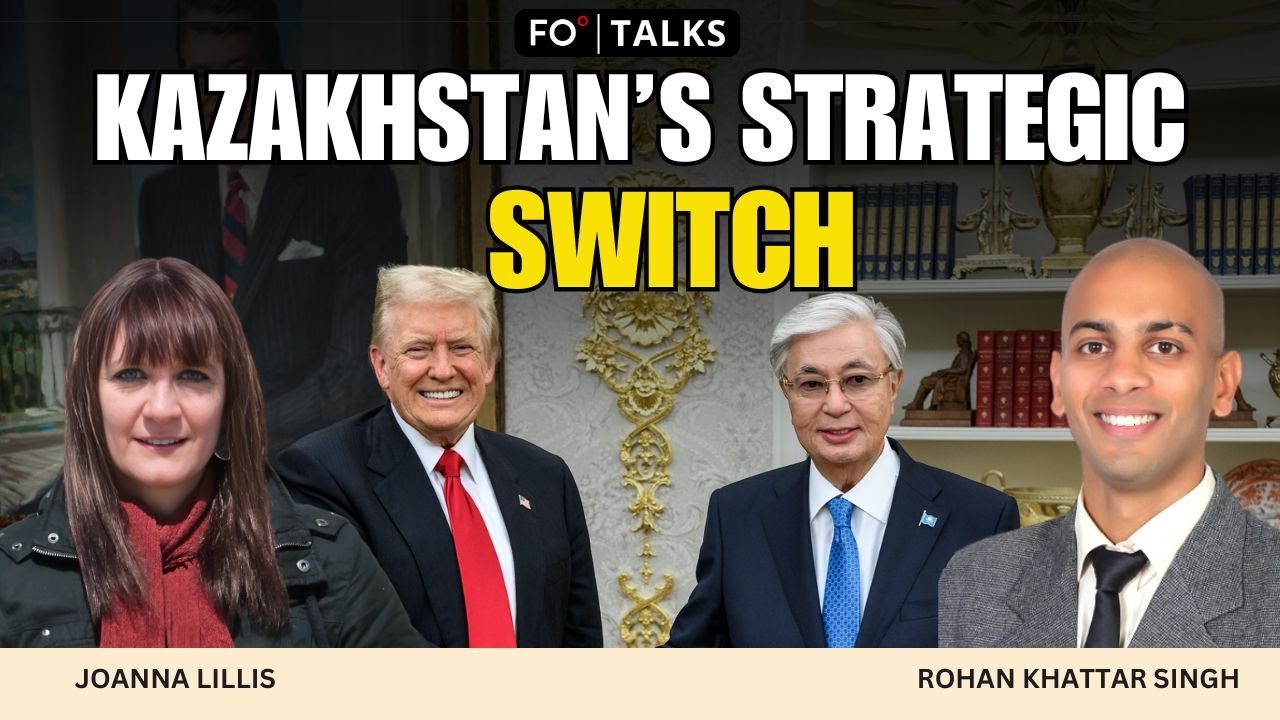





Comment